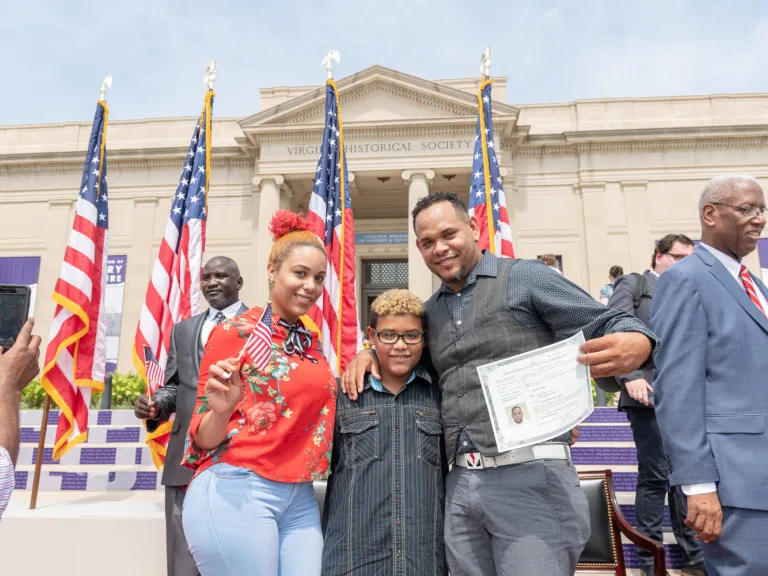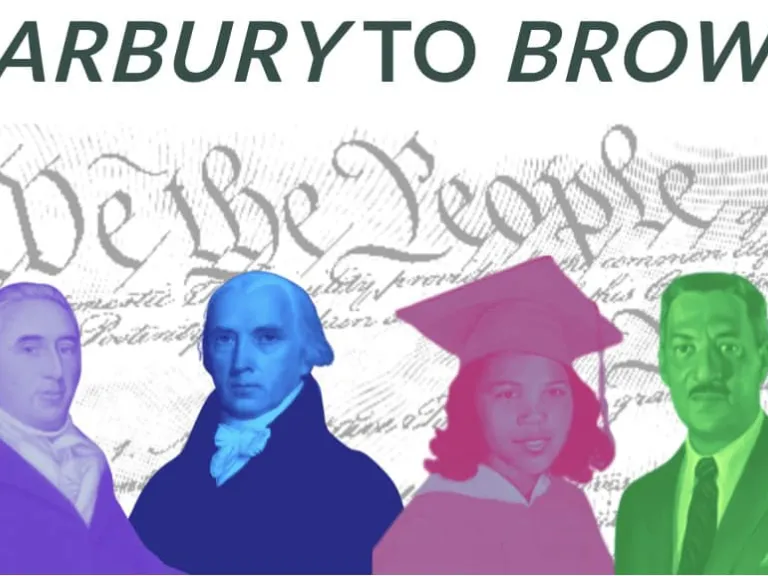Chief Judge Roger Gregory on Integration
The Honorable Roger Gregory, Chief Judge of the US Court of Appeals for the Fourth Circuit, discusses the importance of integration.
This recording is of a past program by the John Marshall Center for Constitutional History & Civics, as part of a series featuring constitutional experts and enthusiasts speaking about the nuances and legacy of John Marshall, civics topics, and history education.


